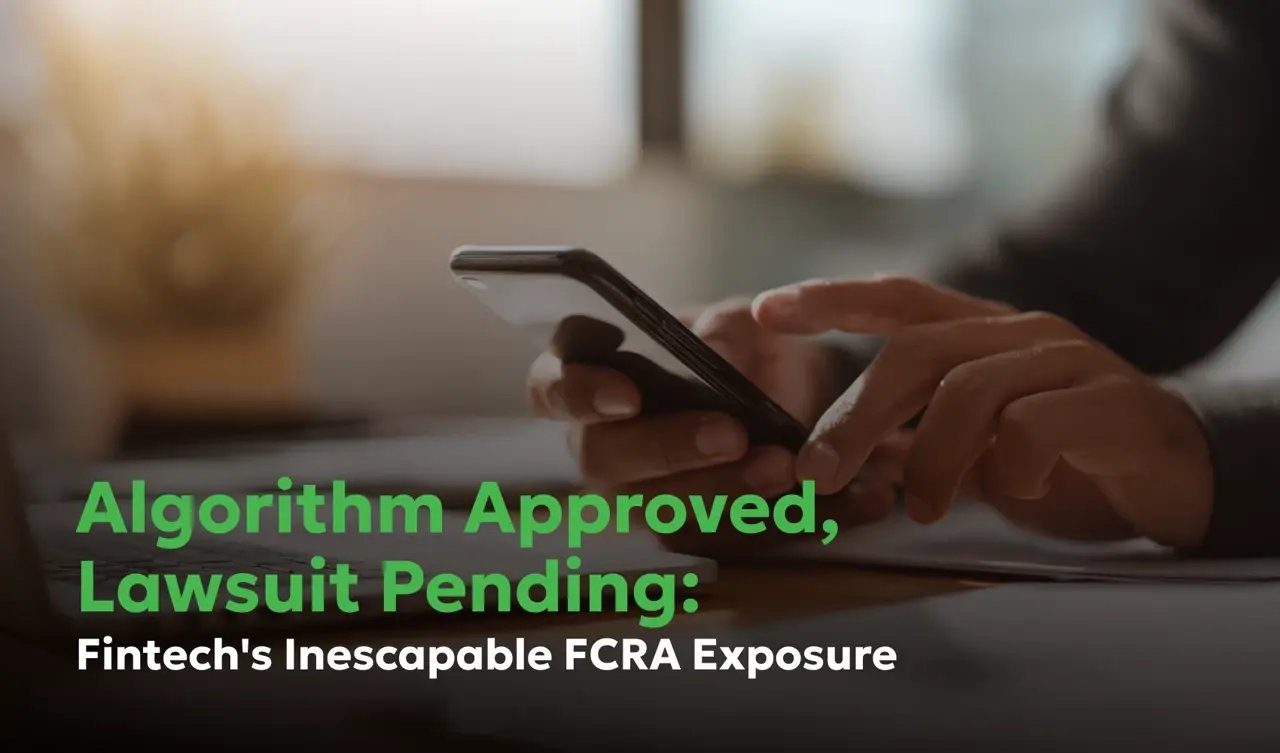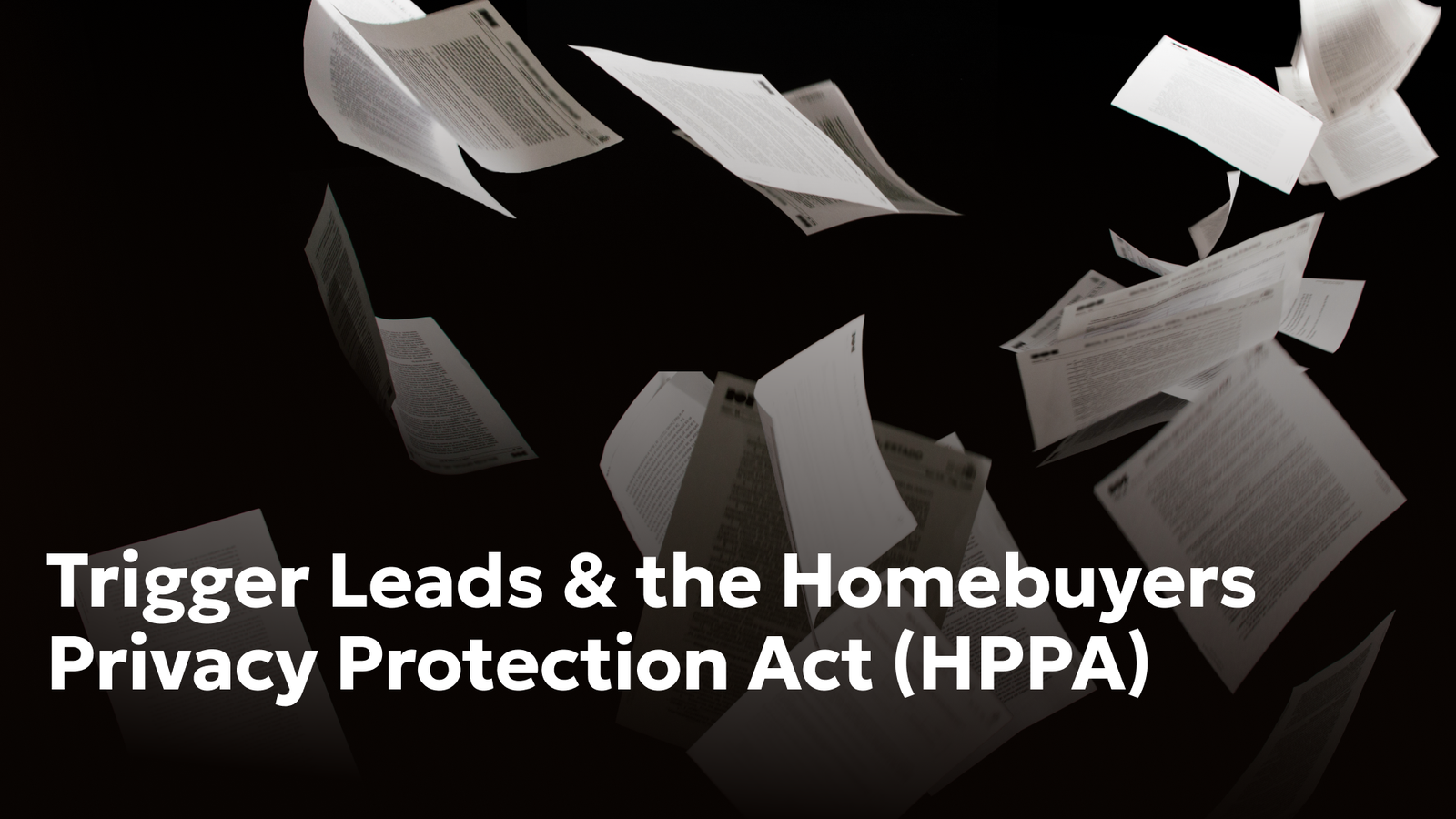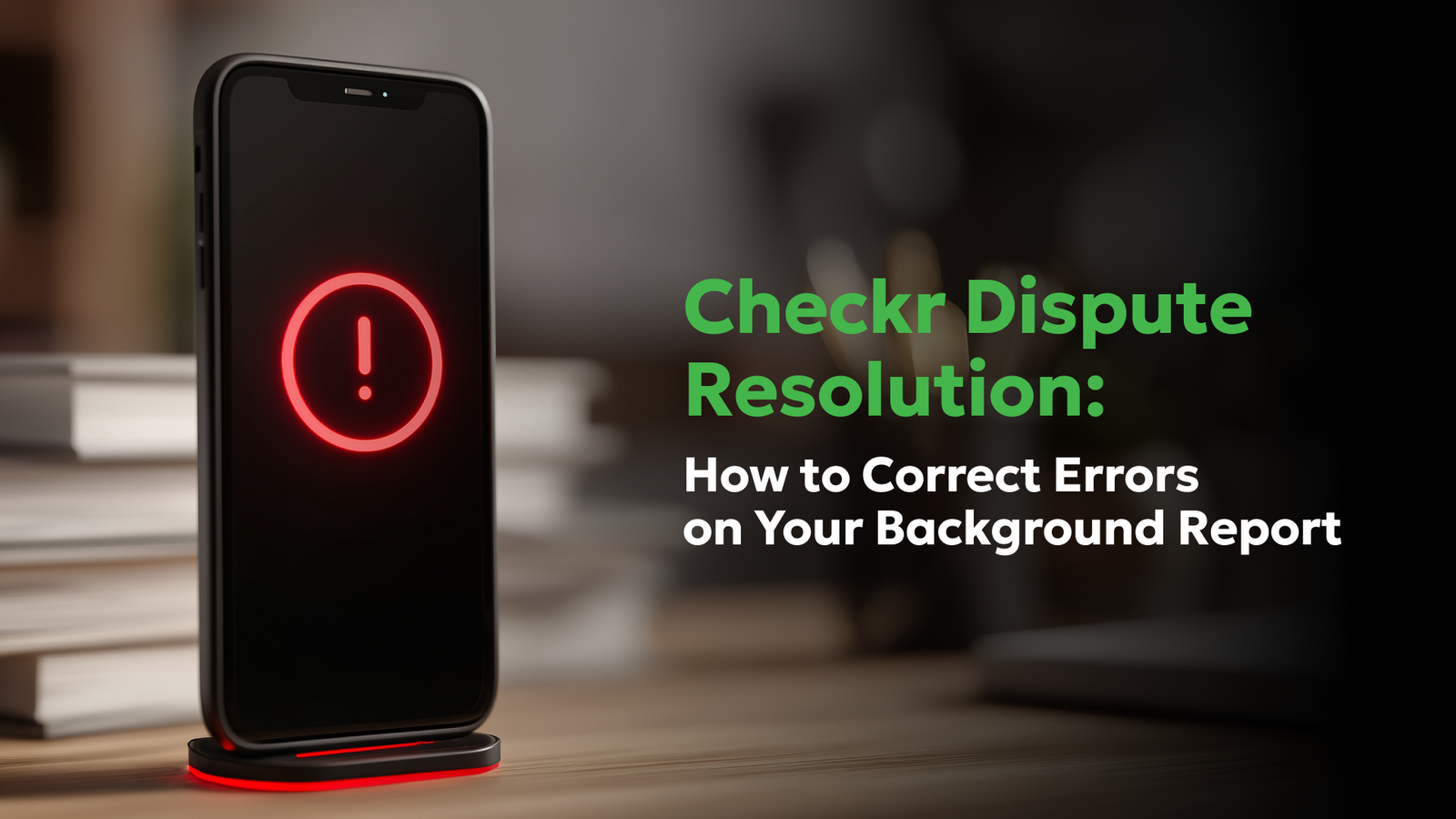What are Common background Check Errors?
- Blog
- All about FCRA
What are Common background Check Errors?

Undisputed background check errors can create chaos and loss of opportunity.
Background checks can cause serious problems. Learn what kinds there are, what causes them, and how you can fix them.
What is a background check?
A background check is a process that a person, company, or any other relevant entity uses to ascertain whether an individual is actually who they say they are. It creates the opportunity for one to check another’s past activities to verify their authenticity and validity.
There are different types of background checks, including employment, criminal, credit, education, national security, motor vehicle, and special industry mandates.
Protecting Your Employment Prospects: Dealing with Hireright Background Check Mistakes
Mistakes in background checks conducted by Hireright can put your employment prospects at risk and have serious consequences. If you have been affected by inaccurate or incomplete information in your background check report from Hireright, it's crucial to take action to safeguard your rights. Our legal firm specializes in employment law and can provide you with expert assistance in resolving any issues related to Hireright background check mistakes. Contact us today for a consultation and let us help you protect your employment opportunities.
What is a background check error?
Simply put, a background check error is a mistake made during the course of a background check. Essentially, these errors involve adding facts that are not true to a person’s record or excluding facts that should be on a person’s record.
For the most part, these inaccuracies always end up painting a bad (or worse) picture of the subject of the background check.
Some of common background check errors include:
- Transposition of digits of the Social Security Number
- Wrong or incomplete data in original documents
- Incorrect criminal records
- Outdated information that should be expunged
- Mistaken identity, leading to the criminal records of another on your background check
- Crimes committed by another using your identity showing up on your background check
- Data mixup, leading to the details of another person appearing on your background check
Factors responsible for background check errors
Now that you’re aware of common errors made during the background check process, let’s discuss what causes these errors to occur.
Most background check errors stem from the following factors:
Human mistakes
Computers and other information processing machines have no other option but to churn out the information that people load onto them. If the data is wrong from the onset, it will be wrong at the end. Garbage in, garbage out. Isn’t that what they say?
Identity theft
This crime occurs when a person’s personal identifying information is used by another to commit a crime. Such a crime is attributed to the innocent, unsuspecting owner of personal information.
Machine errors
Often, the companies that compile databases using public information normally utilize automated formulae. The challenge with this strategy is that the algorithm occasionally garbles the provided information.
Lack of updates
Every now and then, government agencies expunge criminal convictions upon the completion of a probationary period of good behavior. However, many of their commercial databases don’t conduct the crucial updates to expunge the offenses that have been struck from public records.
The dangers of background check errors
Background check errors usually have unpleasant consequences. This is because the errors typically smear your image and make you seem unsavory or undeserving of whatever prompted the background check in the first place.
To put it succinctly, background check errors can result in the loss of a job opportunity, a damaged reputation, denial of housing, and denial of various credit products.
What to do in the event of a background check error
Thankfully, a background check error is not the end of the world. The Fair Credit Reporting Act has made a number of rights available to consumers should a background check error rear its ugly head.
Firstly, employers or prospective employers must have one’s written consent for them to run a background check.
The act also stipulates that individuals must be notified if a background check is used against the person. Additionally, such a person is entitled to a copy of the background check.
If there are any errors on the background check, you have the right to dispute it. Errors on your background check must be rectified or deleted within 30 days of initiating the dispute.
When background check companies and consumer reporting agencies violate the provisions of the act, you have the right to sue.
As we mentioned, background check errors have far-reaching consequences. They can cause you to miss out on important opportunities, such as a house or a job. If you have been a victim of background check errors resulting in unpleasant outcomes, you might be entitled to damages!
Are you confused about rectifying this mistake? We’re here for you all the same. Contact us for the next steps.


Daniel Cohen is the Founder of Consumer Attorneys. Daniel manages the firm’s branding, marketing, client intake and business development efforts. Since 2017, he is a member of the National Association of Consumer Advocates and the National Consumer Law Center. Mr. Cohen is a nationally-recognized practitioner of consumer protection law. He has a we... Read more
Related Articles




R
ONGS™You pay nothing. The law makes them pay.






